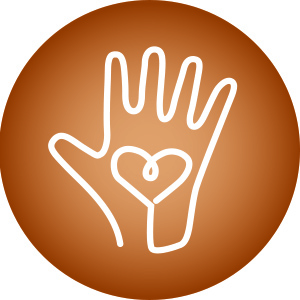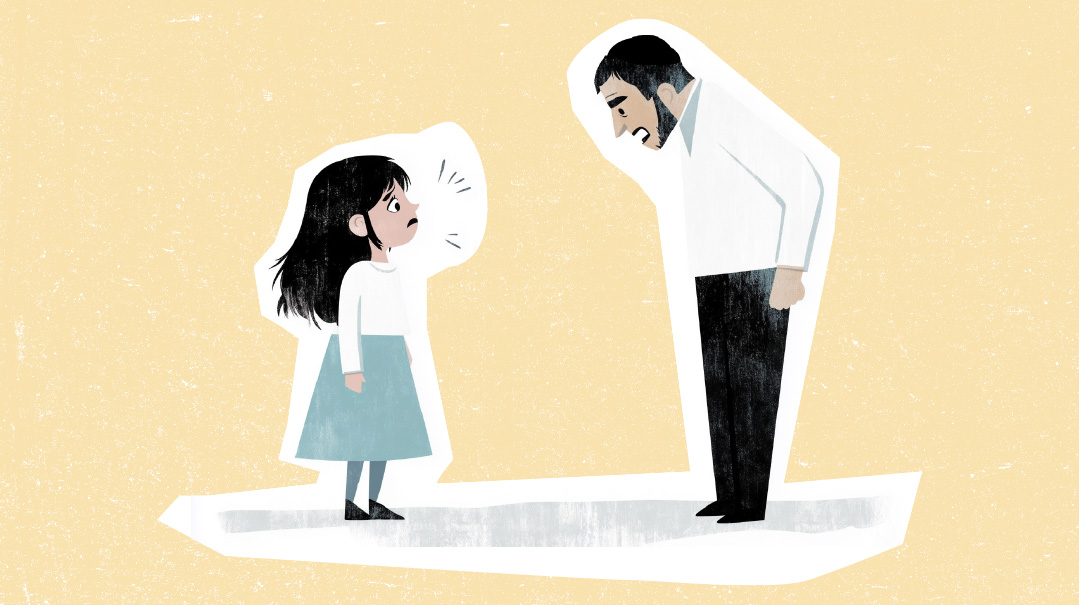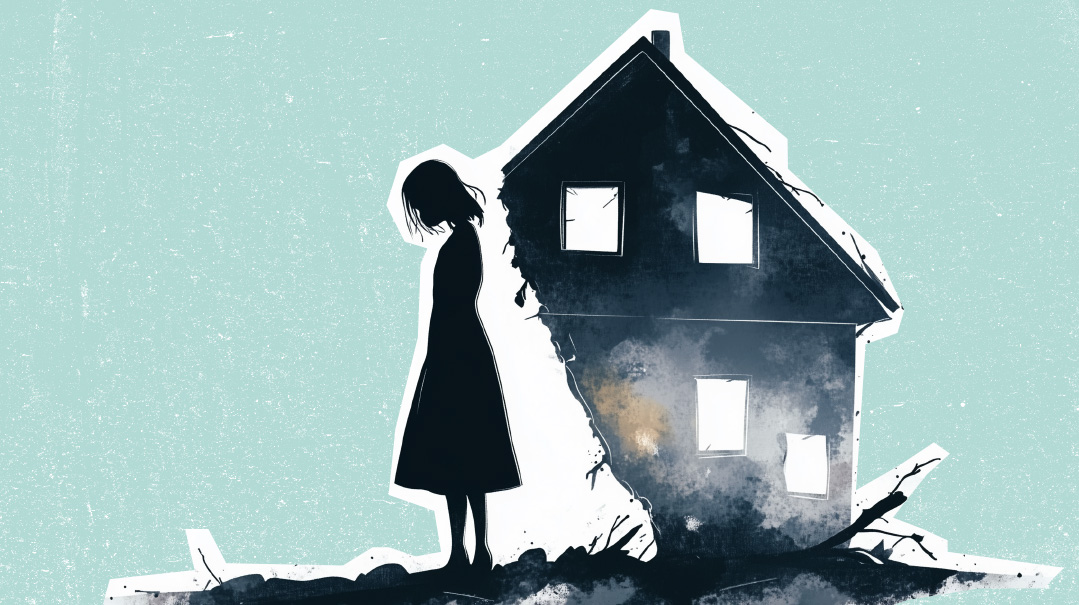“How Can We Break the Bully’s Grip?”

The class queen is cutting my daughter out of her court
There’s a girl in my daughter’s class who’s a real bully and has been for at least four years. She has the power to decide which girls are “in” and which girls are “out.” My daughter has always been part of the “in group,” although there are some

behaviors that happen within it that she doesn’t approve of, and she constantly debates where her place should be.
We live in a small community, and often the girls do something together in a group, so if she’s not part of the group, she wouldn’t have much of a social life. Recently, my daughter did something that this Class Queen didn’t like. Since then, she’s actively separating my daughter from everyone in the group. If my daughter hangs out with another girl in the group, this bully walks by and calls everyone over to see something or do something, deliberately excluding my daughter. Sometimes she’ll pass by and say out loud “X (the girl who’s speaking to my daughter) is like Mother Theresa. She talks to the pathetic girls.”
The bully’s parents have basically given up on her. They have no control over their daughter and very limited communication with her.
My daughter is really broken up about this. I don’t want my daughter to be friends with this girl, but I’m struggling to work out how we can break the bully’s grip on the other (mostly good) girls in the group. Some of them have been friends with my daughter for years!
Can you help?
Bullying is something almost all of us experience during our school years. It happens because children are still children and lack the impulse control that would allow them to rein in their more primitive feelings.
The bully in your story — let’s call her Goldy — isn’t able to fully appreciate the impact of her meanness. It’s not clear how old these girls are, but the younger they are, the less awareness they’re likely to have. Five-year-old bullies have less “adult” thinking available to them than do ten- or twelve-year-olds.
But even adult bullies with plenty of adult-thinking abilities aren’t under the influence of their adult parts when they engage in the act of bullying. It’s always the child within a person who uses aggressive tactics to get what she needs. Deep insecurity drives bullying behaviors.
Similarly, insecurity accounts for the “bystander” effect. Some of the other girls may be fully aware of Goldy’s hurtful actions, but don’t confront her. Again, this is to be expected from children; they lack confidence to speak up and they often lack the skills, too. Parents need to actively teach children what they can say and do when they see a peer bullying someone else. There are some helpful books for parents on this subject, such as Barbara Coloroso’s, The Bully, The Bullied and The Bystander.
Since it’s in the nature of children to both bully and stand by silently, it’s normal for children to experience bad treatment at some point. Even in adulthood, we’ll encounter bully bosses, colleagues, peers, and family members. We’re not going to be able to change that.
What we CAN change is ourselves. Trauma doesn’t arise out of the bullying itself; it arises out of feelings of overwhelming helplessness. We Jews have been severely bullied since the inception of our nation, but collectively, we’ve never accepted a position of helplessness. We aligned ourselves with our great Defender and moved forward. As a result, we don’t suffer the same kind of debilitating effects of trauma we see in other groups who identify as helpless victims.
You can help your daughter deal with her own situation by empowering her. Your daughter can approach the other girls in her class to discuss the problem and its possible solutions (or, if she’s too young to take that initiative, you might arrange to meet with the girls and their parents). The girls should be warned that although it’s your daughter who’s currently being targeted, it could be one of them next. The only solution is unity.
Your daughter (or you) should encourage the girls to band together to defend your daughter when Goldy attacks, or openly object to Goldy’s inappropriate behavior when it happens, or insist on staying with your daughter even when Goldy asks them to leave, etc.
There are other possible action steps you’ll learn about as you read up on bullying. You can work with your daughter (and the school) to apply as many as necessary. Hatzlachah rabbah!
Have a question for Mrs. Radcliffe? Send your queries about parenting or personal growth to familyfirst@mishpacha.com
(Originally featured in Family First, Issue 776)
Oops! We could not locate your form.





